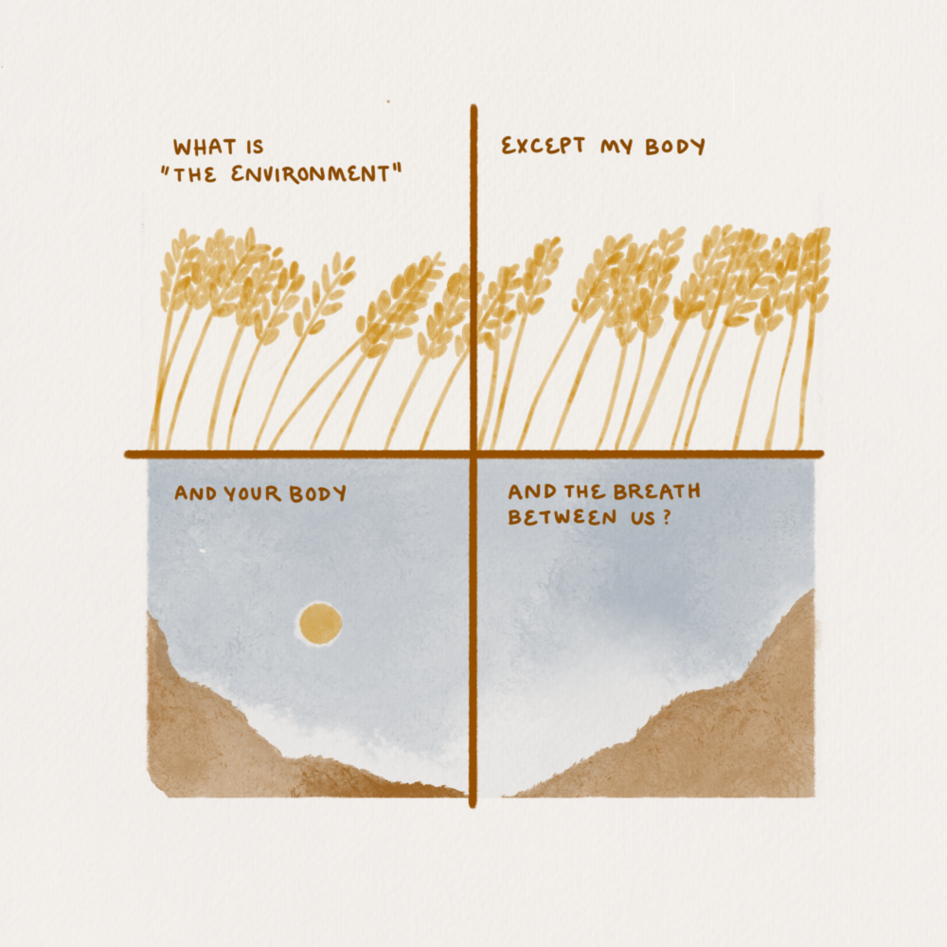Gender, Justice and Environmental Crises
Feminist perspectives on gender and justice in times of environmental crises.
Hovedinnhold
Course leaders
Redi Koobak, Postdoctoral Researcher, Centre for Women's and Gender Research, University of Bergen
Kari Jegerstedt, Associate Professor, Humanistic gender studies, Interim Head of Department, Centre for Women's and Gender Research, UiB
Course lecturers
Neel Ahuja, Professor of Feminist Studies, University of California, Santa Cruz and Visiting Professor in American Studies and Women, Gender and Sexuality Studies, University of Maryland
Camila Marambio, Postdoctoral Fellow, The Seed Box - An Environmental Humanities Collaboratory and founder of nomadic research program Ensayos
Renée Valiquette, Assistant Professor, Department of Gender Equality and Social Justice & Department of Child and Family Studies, Nippissing University, Canada
Helga Eggebø, Researcher, Nordland Research Institute, Norway
Anwesha Dutta, Senior Researcher, Chr Michelsen Institute, Norway
Katja Aglert, artist and Professor Emerita in Gender Studies, Linköping University, and artistic leader and co-director of The Seed Box - An Environmental Humanities Collaboratory
Environmental crises such as global climate change, extinction and natural resource depletion, the poisoning of communities through pollution, and the displacement of communities after natural disasters are intimately connected to bodily-bound ideas about sex, gender, and sexuality.
How might we understand such ecological and climate crises, rooted in relations of power, including gender, race, and colonialism through a feminist lens? What can feminist thinking contribute to visions for environmental justice, at both local and planetary scales?
This interdisciplinary course will approach these timely questions from the perspective of several different disciplinary traditions, including anthropology, history, science studies, literature, and gender studies, offering a framework for thinking about the intersections between feminist theory, science and environmental justice.
Learning outcomes
During the course, the teachers and the students will together unpack and analyse:
- the interconnections between gender – always understood in and through other identity categories – and the environment
- the key concepts and fundamental theoretical issues in gender studies in relation to environmental justice
- the main arguments in contemporary debates on gender and environment
- the ways how social, economic, environmental, political and cultural systems in specific contexts shape the intersection of gender and environmental (in)equality
- different examples of gender justice and environmental justice activism among people with diverse backgrounds and disciplines.
Credits
Participation at the BSRS is credited under the European Credit Transfer System (ECTS). Participants submitting an essay, in a form of a publishable manuscript of 10-20 pages, after the end of the summer school will receive 10 ECTS. Deadline for submission will be decided by your course leader.
It is also possible to participate without producing an essay. This will give you 4 ECTS. In order to receive credits, we expect full participation in the course-specific modules, plenary events and roundtables.
Course leaders
Redi Koobak is a cultural studies scholar working at the intersections between postsocialist and postcolonial feminist theorizing and the discourses of gender, race, ethnicity and sexuality. She is Postdoctoral Researcher at the Centre for Women’s and Gender Research (SKOK), University of Bergen, Norway. She has worked as Assistant Professor in Gender Studies at Linköping University, Sweden and as Visiting Lecturer in Feminist Studies at UC Santa Cruz, USA. Her research interests include feminist art and visual culture studies; postcolonialism and postsocialism; gender, war, and nationalism; feminist approaches to environmental crises; transnational and local feminisms; and creative writing methodologies.
Kari Jegerstedt is associate professor of gender studies in the humanities and director of the Centre for Women’s and Gender Studies at UiB. Her research interests include feminist theory and the study of literature. She is mainly inspired by postcolonialism, posthumanism and psychoanalysis, and has published on Norwegian, British and South African literature, the relationship between literary theory, gender theory and philosophy, and on gender studies as a field of critical investigation.
